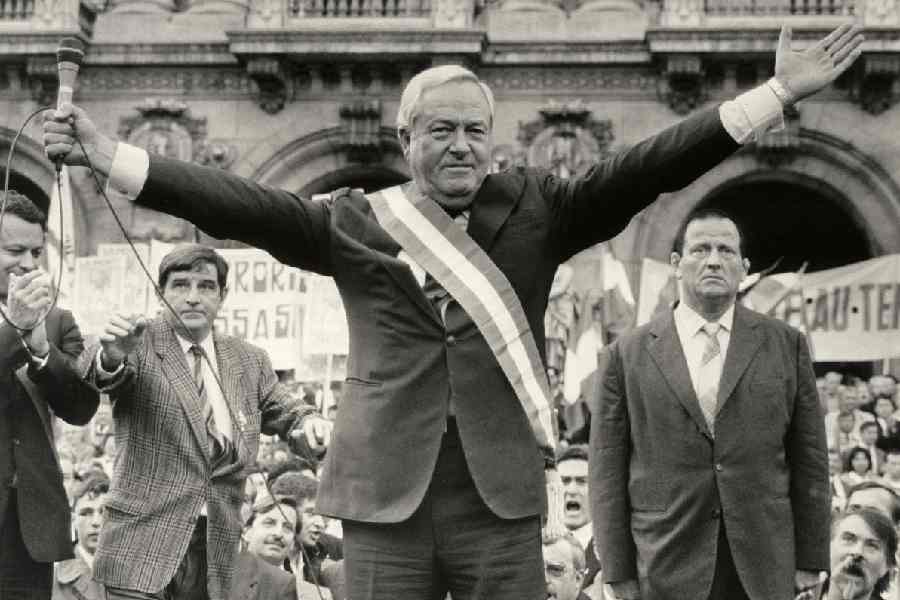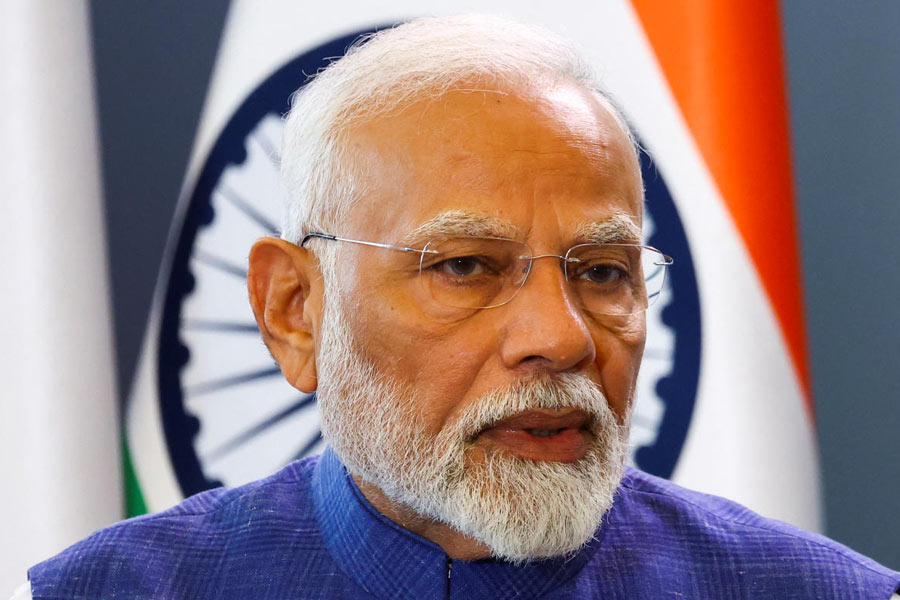Jean-Marie Le Pen, founder of the far-right National Front party who tapped into working class concerns over immigration and globalisation, shaking up the French political establishment, has died at the age of 96.
His death was confirmed by his daughter Marine Le Pen's political party, National Rally.
A pugnacious mix of populism, eloquence and charisma, Le Pen helped rewrite the parameters of French politics in a career spanning 40 years that, in harnessing voter discontent over immigration and job security, in some ways heralded Donald Trump's rise to the White House.
In one way or another, Jean-Marie Le Pen spent his life fighting, whether as a soldier in France's colonial wars, as a founder of the far-right National Front party, for which he contested five presidential elections, or in feuds with his daughters and ex-wife, often conducted publicly and furiously.
He stunned the world by reaching a presidential election run-off in 2002, then losing in a landslide to Jacques Chirac as voters backed a mainstream conservative rather than bring the far right to power for the first time since Nazi collaborators ruled in the 1940s.
An unabashed nationalist, Le Pen was the scourge of the European Union which he saw as a supranational project usurping the powers of nation states, tapping the kind of resentment that saw Britain vote to leave the EU.
Controversy was Le Pen's constant companion: accusations of racism dogged the National Front from the moment he co-founded the party in 1972.
He was tried, convicted and fined in 1996 for contesting war crimes after declaring that the Nazi gas chambers were "merely a detail" of World War Two history.
The comment provoked outrage in France, where police had rounded up thousands of Jews who were deported to the Nazi death camp at Auschwitz in 1942.
"I stand by this because I believe it is the truth," he said in 2015 when asked if he regretted the comment.
National Rally chief Jordan Bardella confirmed Jean-Marie Le Pen's death on the social media platform X.











